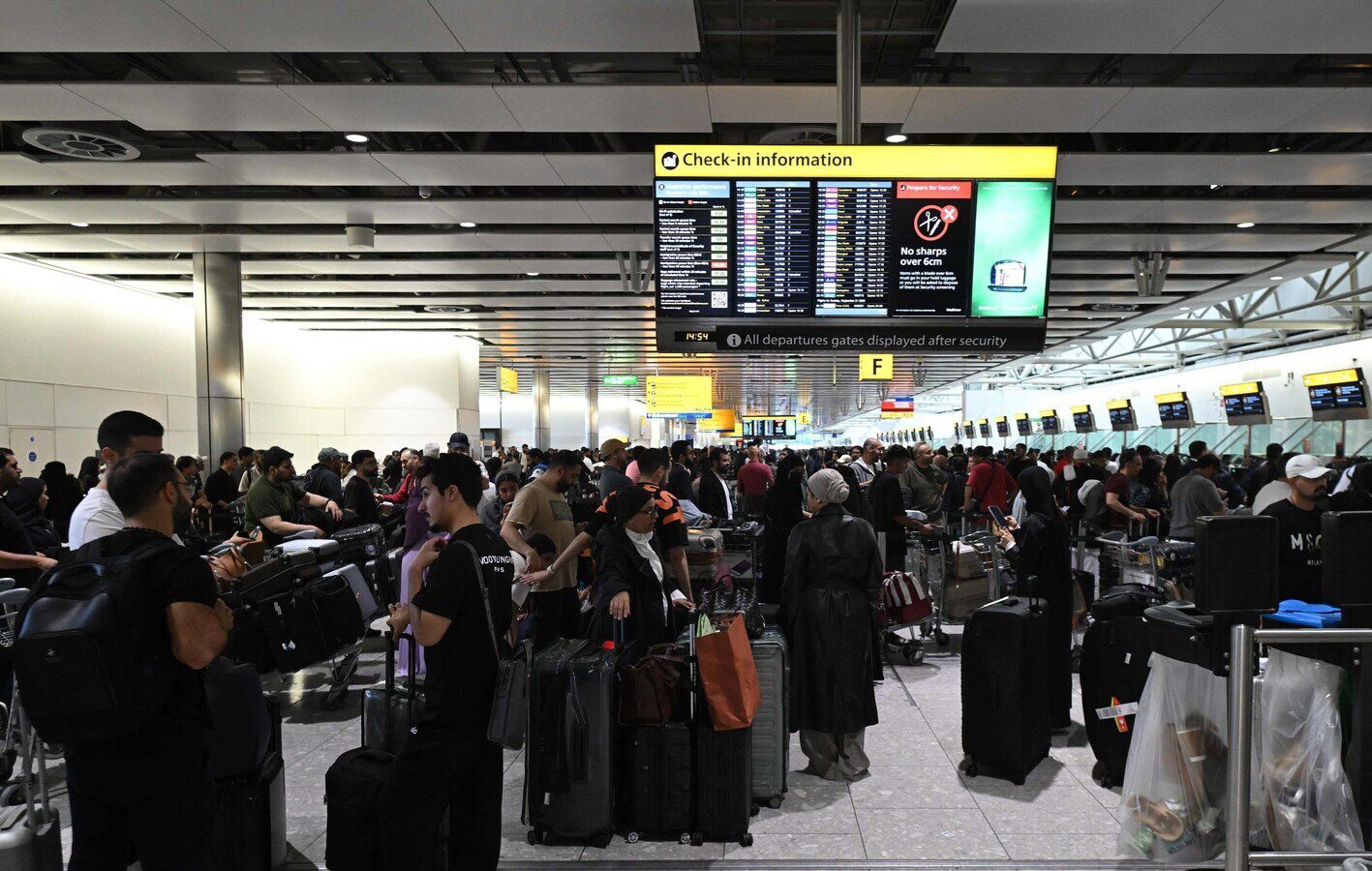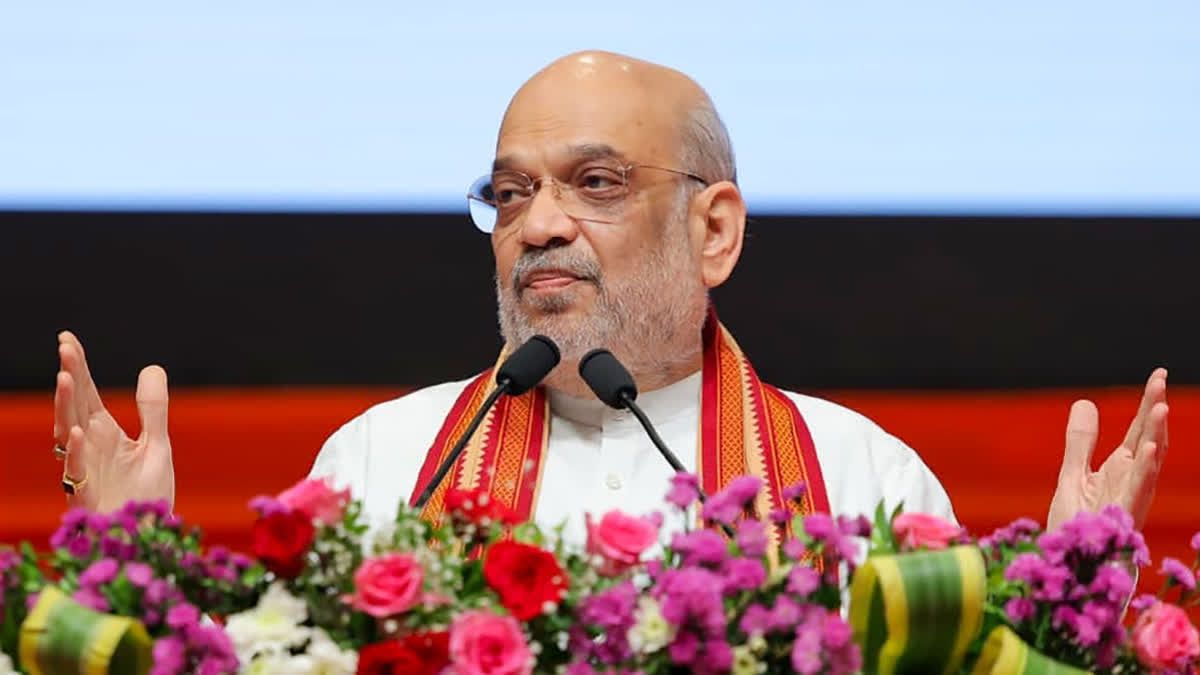 Image Source: Hindustan Times
Image Source: Hindustan Times
As major European airports grapple with widespread disruptions caused by a cyberattack on September 20, 2025, Indian aviation authorities have confirmed that no domestic airports have been affected. The breach, which targeted Collins Aerospace’s MUSE (Multi-User System Environment) software used for check-in and boarding systems, led to flight delays and cancellations across London’s Heathrow, Brussels, Berlin, Dublin, and Cork. In contrast, a government-led audit in India found no adverse impact on operations, reaffirming the resilience of the country’s airport infrastructure.
The Ministry of Electronics and Information Technology, in coordination with airport operators and cybersecurity teams, conducted a swift assessment following the European incident. The findings offer reassurance to passengers and stakeholders amid growing concerns over aviation cybersecurity.
Key Highlights from the Government Audit
Indian airports, including Delhi, Mumbai, Bengaluru, and Hyderabad, reported no operational disruptions linked to the cyberattack.
Delhi Airport uses the MUSE software but has not experienced any system failures or delays.
Airports managed by Adani Group and GMR Group confirmed they either do not use the affected software or have not seen any impact.
The government remains in contact with Collins Aerospace for updates and preventive measures.
Scope and Impact of the European Cyberattack
Disruption Across Major Hubs
The attack rendered automated check-in and boarding systems inoperable at several European airports.
Heathrow, Brussels, and Berlin reported long queues, manual processing, and over 500 flight disruptions.
Brussels Airport asked airlines to cancel half of Sunday’s departures to manage congestion.
Targeted Software and Vendor Response
Collins Aerospace confirmed a cyber-related disruption to its MUSE platform, which allows multiple airlines to share check-in desks and boarding gates.
The breach did not directly target airports or airlines but affected the third-party system provider.
Investigations are ongoing to determine the source, with possibilities ranging from criminal organizations to state-sponsored actors.
India’s Preparedness and Response
The Indian government contacted chief information security officers at major airport operators, including GMR (Delhi, Hyderabad, Goa) and Adani (Mumbai, Ahmedabad, Lucknow, Jaipur, Mangaluru, Guwahati, Thiruvananthapuram).
Delhi Airport, which uses MUSE, reported no issues and remains in communication with Collins Aerospace.
Hyderabad and Goa airports do not use the affected software, while Bengaluru Airport also confirmed no disruptions.
The new Navi Mumbai Airport, which will use MUSE, is not yet operational and therefore unaffected.
Passenger Advisory and Airline Coordination
Air India issued a travel advisory for passengers flying to and from Europe, especially London, recommending web check-in to avoid delays.
Delhi Airport echoed similar guidance, urging Europe-bound travelers to confirm flight status with their airlines.
No cancellations or delays were reported at Indian terminals due to the cyberattack.
Cybersecurity in Aviation: A Growing Priority
The incident highlights the vulnerability of interconnected systems in global aviation.
Indian airports have been investing in cybersecurity infrastructure, including endpoint protection, network monitoring, and vendor risk assessments.
The government is expected to review protocols and enhance coordination with international software providers.
Conclusion
While European airports continue to recover from the cyberattack’s fallout, India’s aviation sector has demonstrated resilience and preparedness. The swift government audit and proactive communication with stakeholders have helped maintain operational continuity. As global threats evolve, India’s focus on cybersecurity and infrastructure integrity will be key to safeguarding its skies.
Sources: The Indian Express, The Economic Times, Daily Excelsior, MSN
Advertisement
Advertisement






